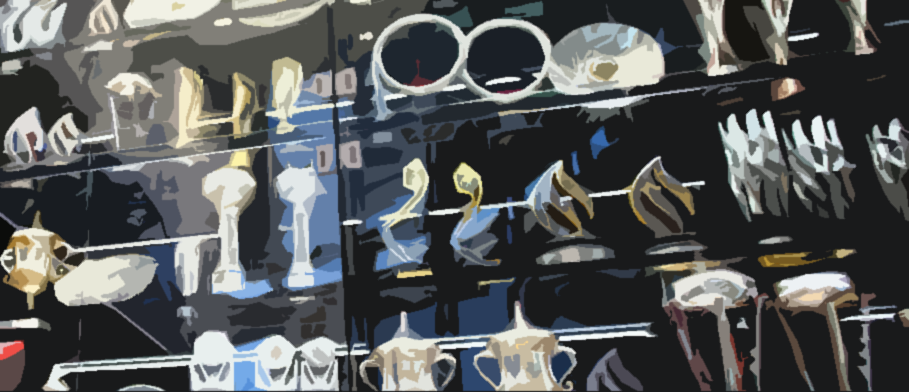Academic Bragging
Those who exhibit highly admirable academic characteristics such as caution, refusal to exaggerate, humility, deference to the achievement of others, and support of their colleagues will have a much harder time rising to the top.
True?
So says Jonathan Wolff (UCL), writing in The Guardian.
He attempts to figure out the cause of what seems like an “academic bragging contest.” Some of it, he says, comes from the need to justify university education—a not unreasonable concern:
No one undertakes research without hoping it will make a contribution. The university sector needs to be proud of its collective achievements, and if we don’t publicise how can we even know what they are?
So what to do?
It would, though, be nice to cut out some of the boastfulness, without falling into what Aristotle regarded as the opposite vice of mock modesty. And so what is the golden mean between these two vices? Fittingly, perhaps, Aristotle pointed out that it lacks a name. But we know it when we see it: owning what one has achieved, neither more nor less.
The whole column is here. A related discussion on self-promotion is here.



Word.
Wolff identifies the problem, but it’s unclear how this is a solution: “Fittingly, perhaps, Aristotle pointed out that it lacks a name. But we know it when we see it: owning what one has achieved, neither more nor less.”
Fair enough, but that doesn’t us anything about how to get grants, or how to answer appropriate public concern with results without being boastful.
Virtuous action does not always result in optimal results, in the short term. So I don’t think Wolff has any burden to prove that the nameless virtue will lead to the best results.
This is certainly true in general, but as an interpretation it seems to turn Wolff’s article into a series of non sequiturs.
The fault is not in academic stars, but in the collective ourselves. I think society, deliberately misguided by plutocracy, is the problem. Maybe that gives rise to some unvirtuous academics, but for the best of those in academia, the work speaks for itself. Or it should if society were collectively more rational.
but for the best of those in academia, the work speaks for itself. Or it should if society were collectively more rational.
The problem here, though, is that when the 2nd part isn’t true, the first part isn’t, either. What then?
(I’m not actually sure that the cream floats to the top all on its own in any plausible society, either, I’ll admit, but that’s a different issue.)
Depends Matt (if I may) on what one means by “speaks”, My point is that the problem about “bragging” is not necessarily about the lack of virtue in particular academics, but in the collective lack of virtue in society as manipulated by forces that control mass opinion. So my criticism was that the article was diagnostically misplaced about the source of the problem, that’s all. All things being equal, good work usually gets its place by recognition of the collective wisdom of academia, if not society at large.